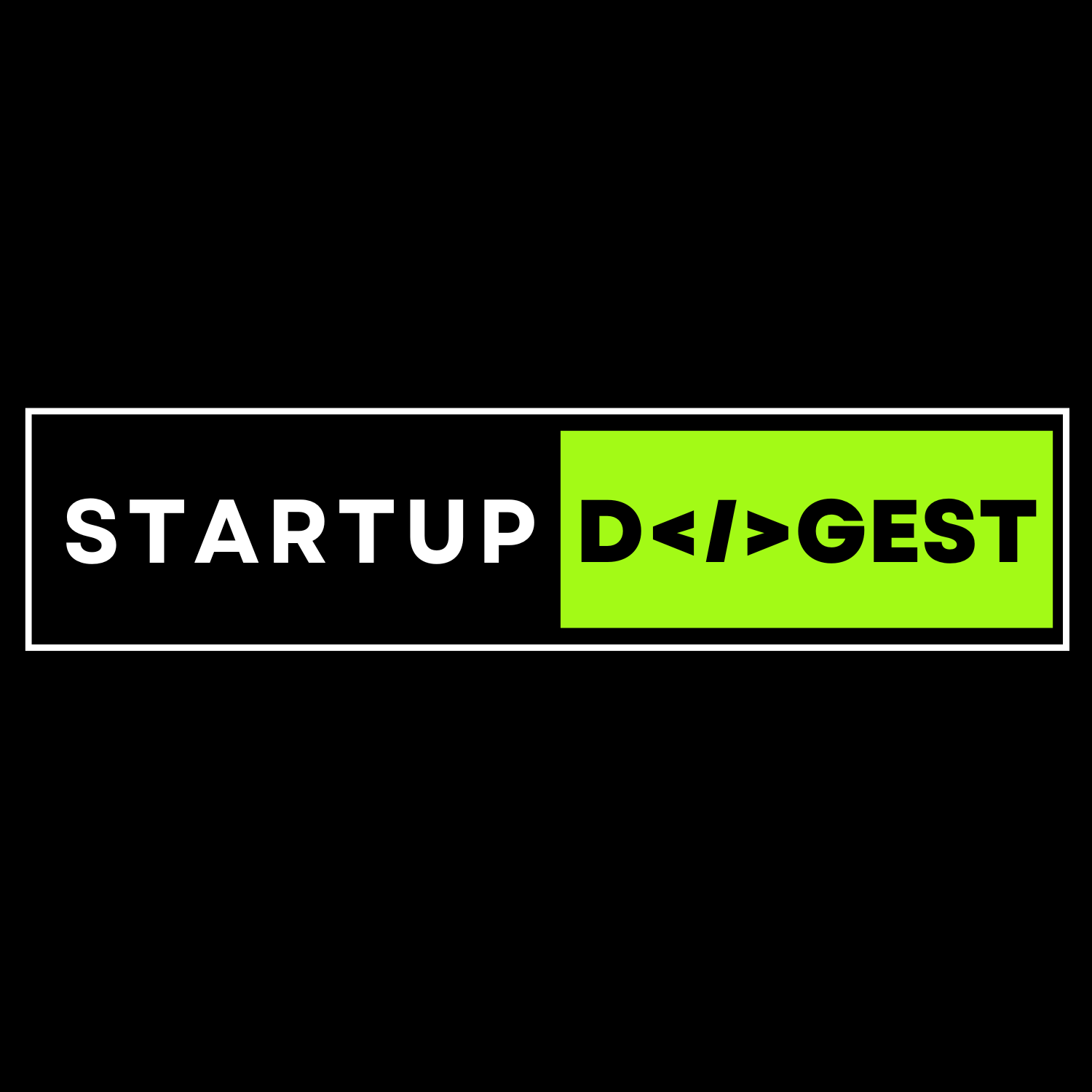
We have crafted a quick guide to the jargon you’ll need to make sense of it all. Think of it as your cheat sheet to sound smart in meetings.
In March this year, the Ministry of Corporate Affairs introduced the draft Digital Competition Bill, 2024. While we’ve already dissected the bill and industry reactions, here’s a quick guide to the jargon you’ll need to make sense of it all. Think of it as your cheat sheet to sound smart in meetings.
Ex-ante and Ex-post Regulation
Ex-ante regulation is like your mom telling you not to play with fire before you even light the match. This aims to prevent anti-competitive behavior before it starts. In contrast, our current system under the Competition Act 2002 is ex-post—think of it as calling the fire brigade after your party has already gone up in flames.
Self-preferencing
Self-preferencing is when platforms show a little too much love to their own products. Picture an e-commerce site promoting its own brand of earphones over everyone else’s. Amazon got caught playing favorites with its own products, and it led to some serious breakups with partners.
Anti-steering
Anti-steering is when a platform blocks you from suggesting other routes. Google’s policy of forcing developers to use its in-app billing system, making them pay a commission, got the Competition Commission of India’s (CCI) attention. They told Google to steer clear of those practices, and Apple might be next.
Exclusive Deals
Exclusive deals are like saying, “You can only hang out with me.” When companies restrict merchants from selling competitors’ products, it’s an exclusive deal. Flipkart and Amazon were caught in such deals with smartphone brands, which raised a few eyebrows.
Tying and Bundling
Tying and bundling is like selling a phone but making you buy the charger, earphones, and a screen protector in a single package. Google’s bundling of its search engine with Android devices got it into hot water in both the US and Europe.
Data Usage
Platforms know a lot about their users and use this data to their advantage. Swiggy and Zomato were accused of not sharing customer info with restaurants but using it to promote their own offerings. It’s like them knowing your favorite dish but not telling the chef.
Private Labels
Private labels are products owned by the platform itself. Think AmazonBasics or your favorite food delivery app’s in-house burger brand. These platforms use sales data from other sellers to create and push their own products.
Search Neutrality
Search neutrality means search results should be unbiased and purely based on relevance. Swiggy and Zomato faced accusations of ranking their own cloud kitchens higher, leaving other restaurants simmering with anger.
Network Effects
Network effects mean the more people use a service, the more valuable it becomes. Like WhatsApp—if all your contacts are there, you’re less likely to switch to a new messaging app. The UK’s regulators flagged this during Microsoft’s bid to buy Activision Blizzard, fearing it might create a gamer’s monopoly.
Deep Discounting
Deep discounting is offering prices so low it makes you wonder if there’s a catch. Swiggy and Zomato initially funded these discounts but later passed the buck to restaurants. If restaurants refused, they’d find themselves lower on the listing. This practice can eventually knock out competitors and lead to higher prices later.
Armed with these terms, you’re now ready to navigate the discussions around the Digital Competition Bill like a pro—just remember to keep it spicy, like your favorite Indian snack!

